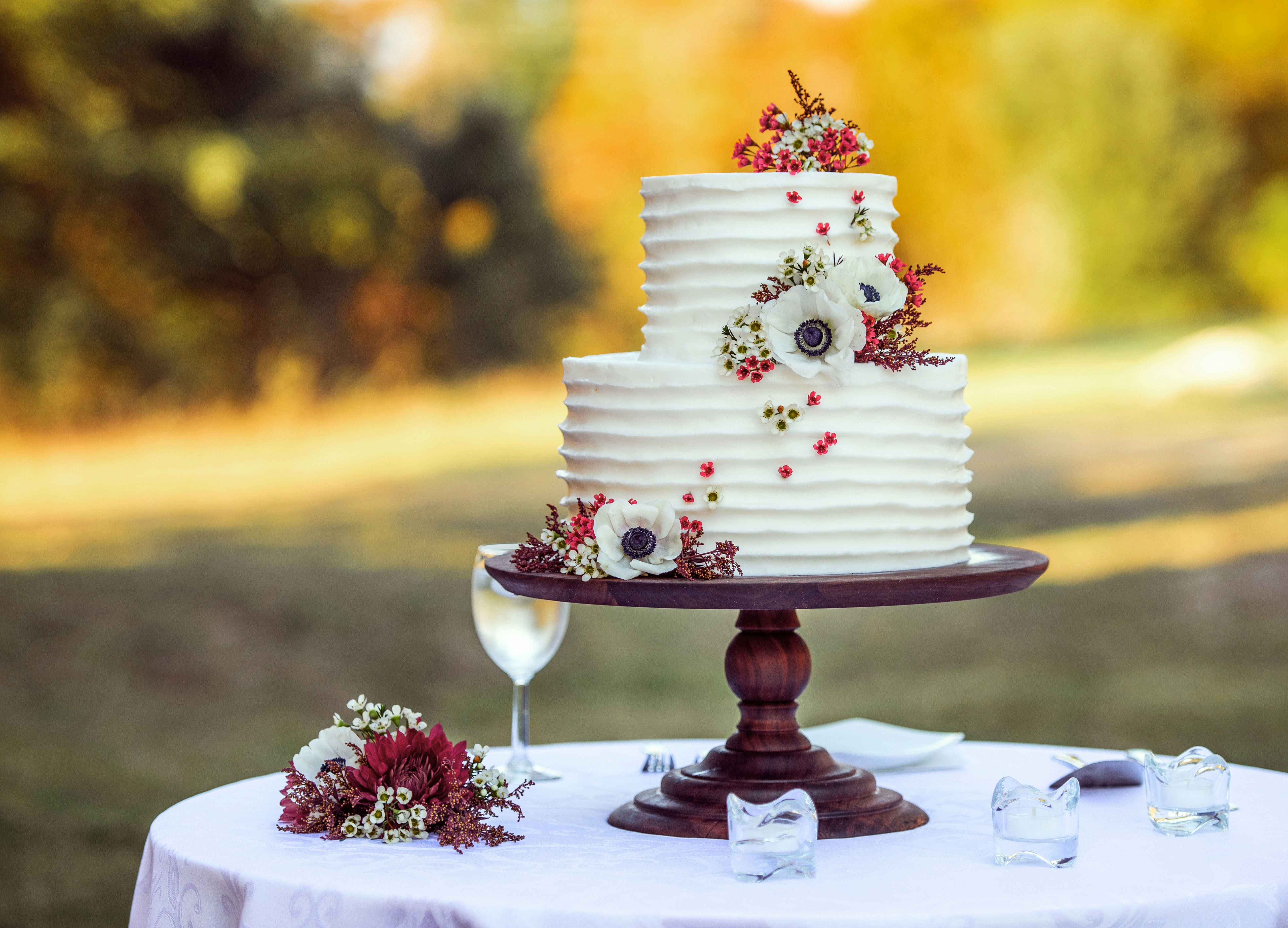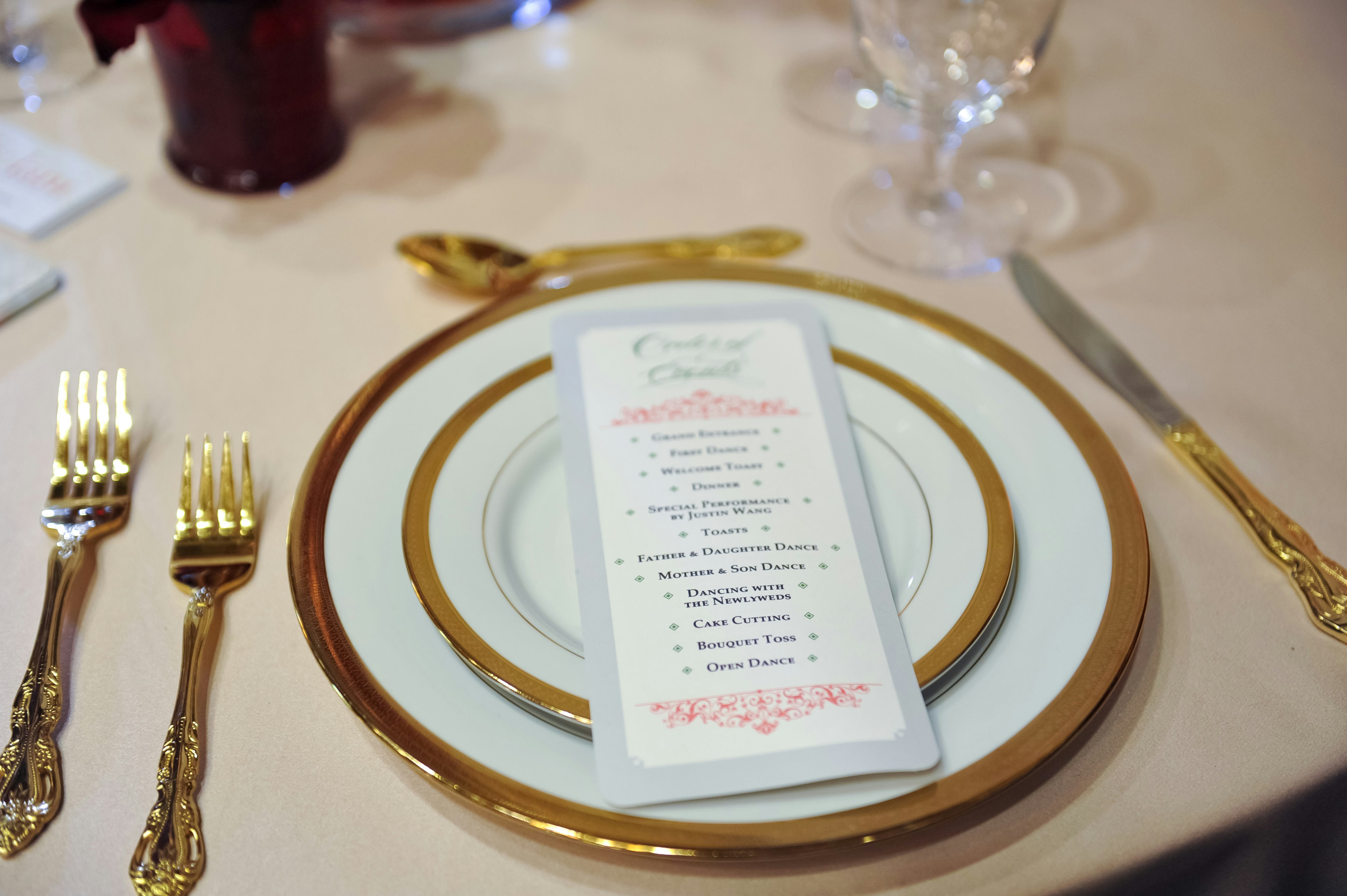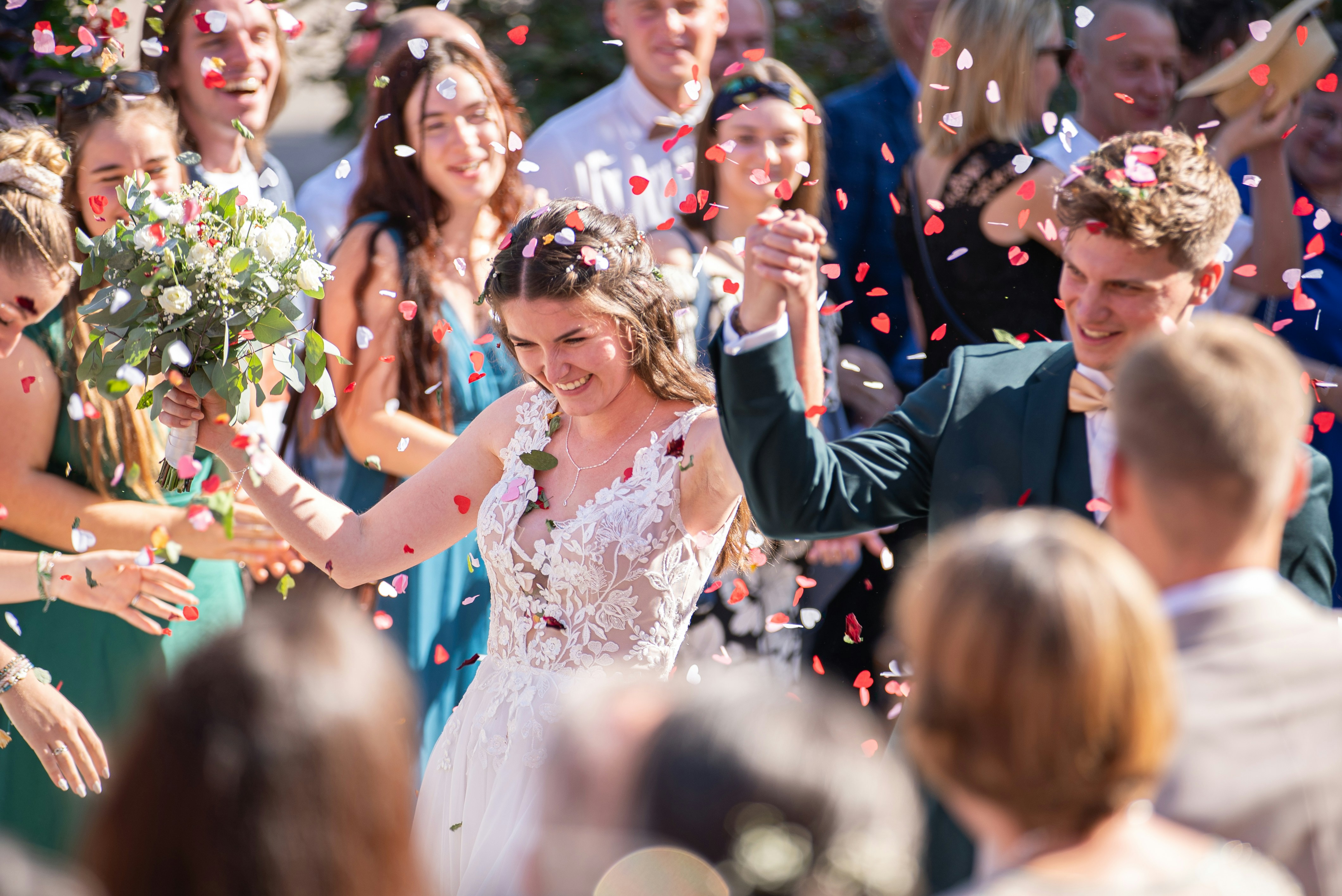11 Wedding-Related Events You Might Want to Include in Your Celebration

More commonly these days, weddings are not just one day, but a series of celebrations over weeks, if not months. As soon as you get engaged you can start celebrating. Whether it be casual gatherings or traditional pre-wedding rituals, there are numerous occasions where you can get your dear ones under one roof before the main day.
We interviewed three event planning experts, Lena Darzi, Morgan Fletcher and Camille Nguyen, on the most popular pre-wedding and post-wedding celebrations and what goes down at each. Although no rule says you have to host them all, it can help to know what your options are when the time actually comes for you to make some decisions.
“One of the top reasons for being selective with your events is the budget,” Nguyen explains. “First, understand what your large wedding day expenses are and then figure out how much you can afford for additional gatherings. From there, sit with your partner and families to decide your priorities.”
And don’t forget: it’s fine to skip the less important events. “If you’re looking to cut something, the first thing that will go is that goodbye brunch — and take it from someone who knows, anyone who comes won’t miss a thing,” she shared.
Ready to make a decision about which celebrations are for you? Here’s what you need to know about the most popular wedding events, who’s usually included and how couples today are personalizing them to fit their style.
Engagement Party

It’s a celebration of the proposal — whether that comes the night of or a few months later. Some couples throw surprise engagement parties near-soon after the momentous occasion, often with just close family and a few friends who were involved in orchestrating the proposal.
More traditional engagement parties are also more formal affairs, typically hosted by family friends — folks like a parent’s lifelong best friend or a neighbor who’s practically family. “It’s typically someone who’s sentimental about the couple making their way,” according to Fletcher.
These could be anything from barbecue in the backyard to cocktails and games or light entertainment.” They don’t have to, though if you’re looking for a nice gift, something like a locally produced cookbook is a sweet touch.
Wedding Shower
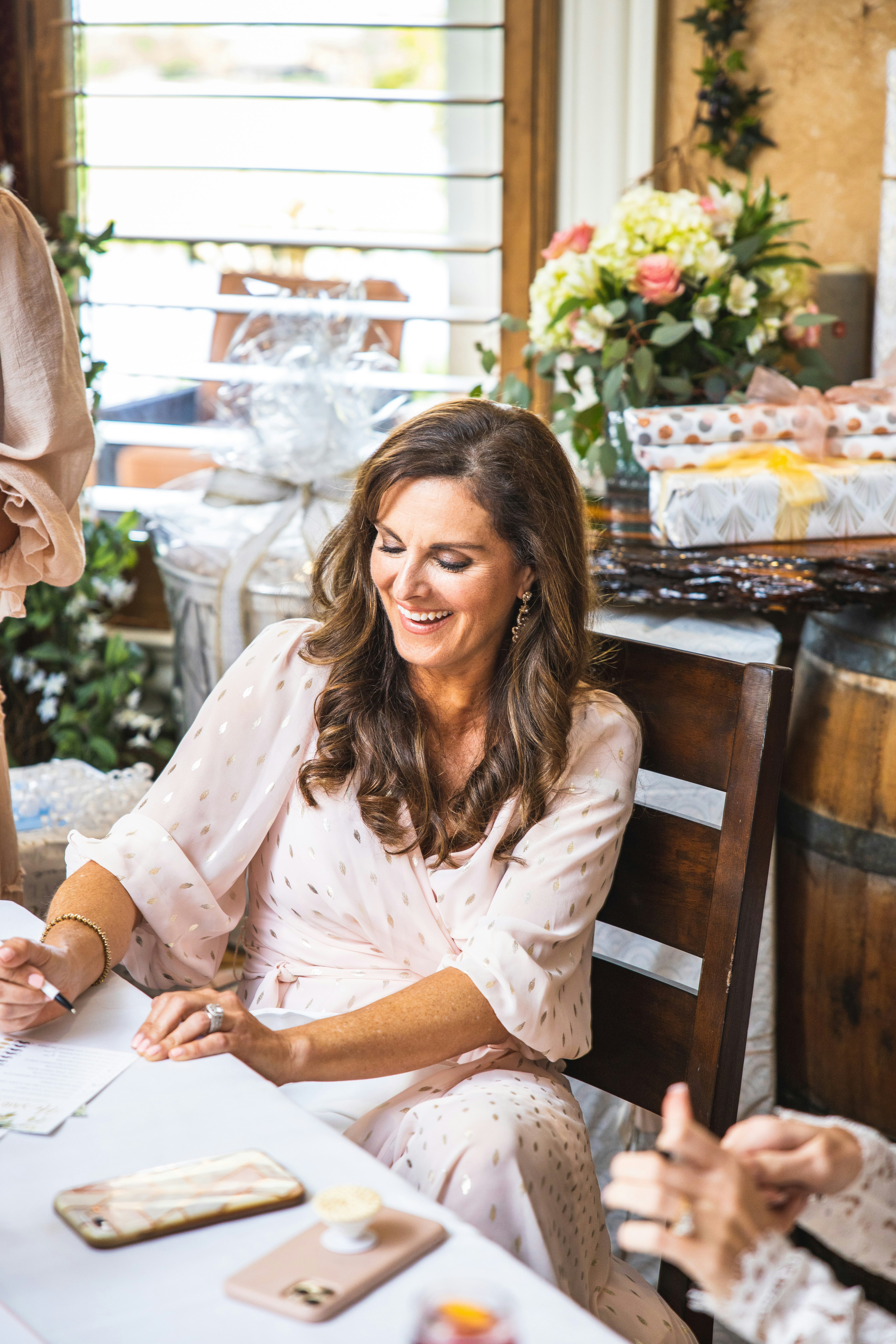
Since that time when bridal pams were given instead of the traditional dowry, wedding showers are a popular choice today. Typically occurring about 12 weeks before the wedding, they can be hosted by anyone — friends, cousins, even the couple.
“There may be more than one shower if needed,” says Fletcher. “It’s typical for dozens, if not hundreds, of different friend groups or families circles to each want to celebrate the couple.
These afternoon festivities include themed décor, games and a menu of fan favorite dishes. Gifts are standard, unless otherwise specified by the bride and groom, and Fletcher suggests you stick to the couple’s registry, to be sure whatever you choose will be used and appreciated.
Bachelor & Bachelorette Parties
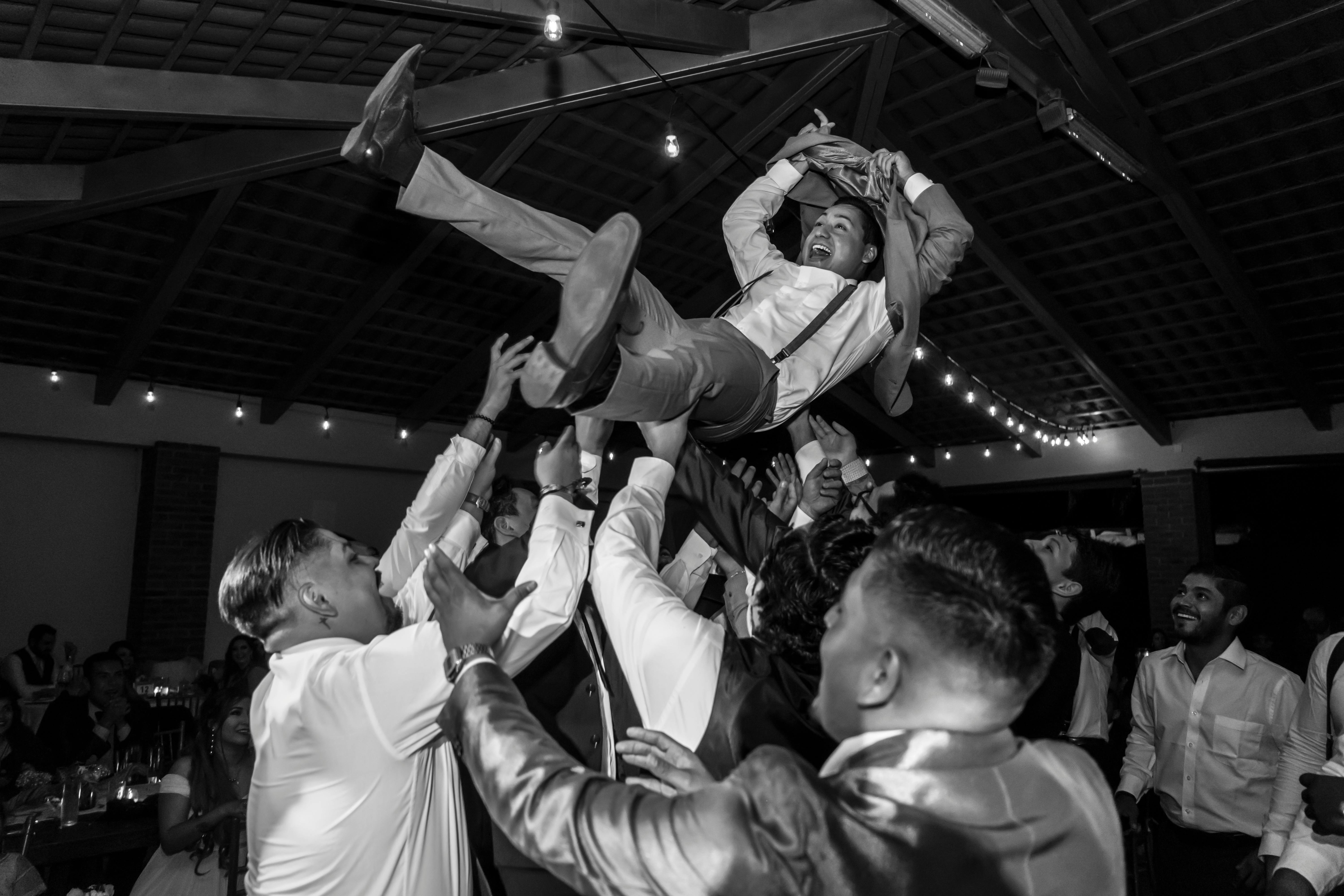
Originally just a night of fun, the parties are now multi-day events — frequently requiring travel to a far-off destination. “It’s definitely a group effort to plan,” says Fletcher, adding that planning usually falls on the maid of honor, best man or one of the couple’s siblings.
Typically the guest list consists of relatives of the bride and groom, members of the wedding party and close friends. Now, it’s also typical that couples will celebrate together in co-ed parties, like a joint weekend, or a Jack and Jill-styled party.
Costs are typically shared. “If the guests are coming in from out of town for the event, it’s not fair for the guest of honor to think that everything is on the person hosting the event for them,” says Fletcher.
Mehndi Party
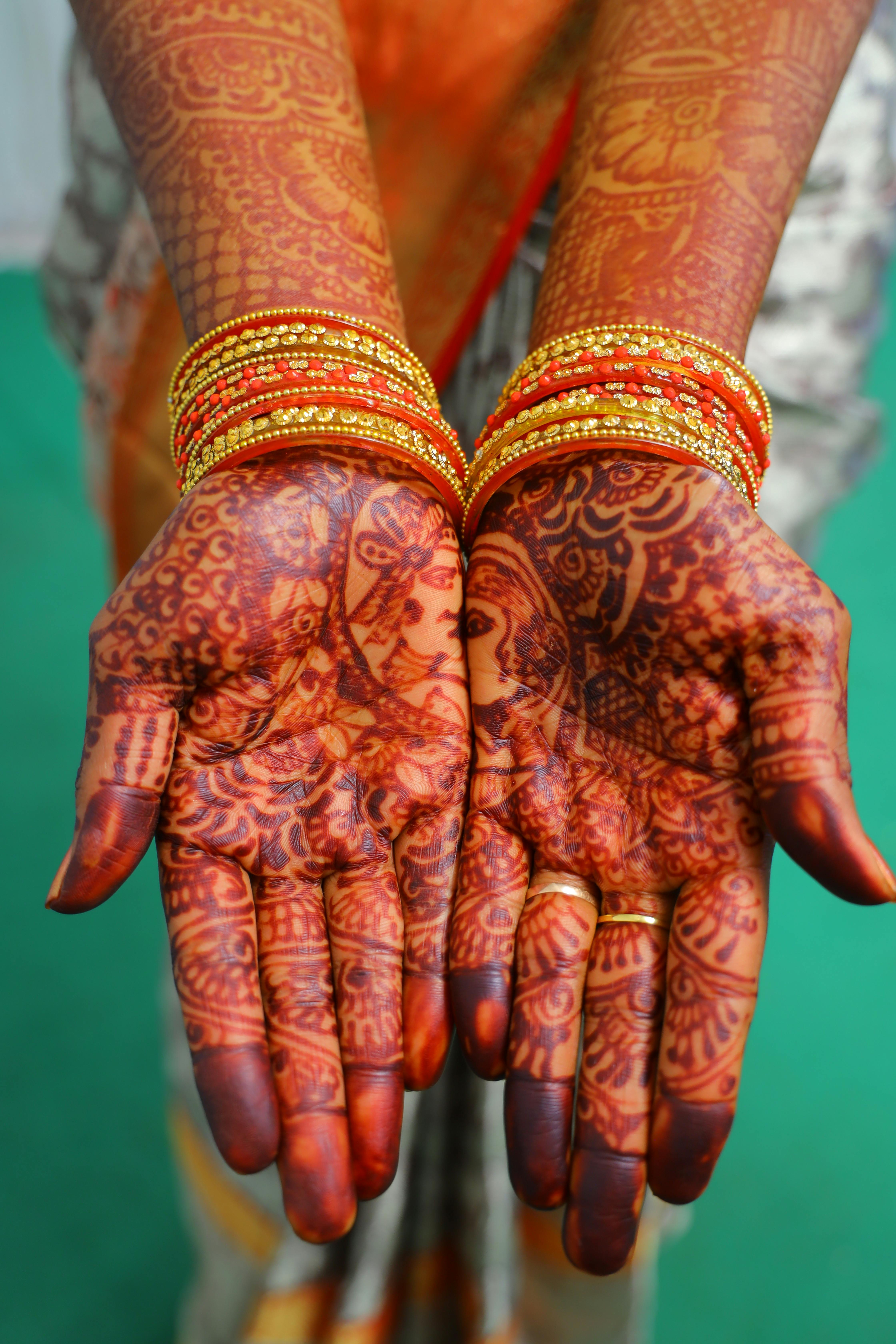
There are multiple marriage events in South Asian weddings. The mehndi party is a key event; a henna artist creates elaborate designs that adorn the bride’s hands (and, in some cultures, her feet) as well as those of her guests.
“Now it’s the norm for everyone — mothers, cousins — everybody does it,” says Darzi. Cheering with the music, the food and the celebratory atmosphere, it’s one of the joyful events that gets families back together ahead of the big ceremony.
Pro tip: Plan and do this at least three days before the wedding so the henna can darken as desired.
Sangeet
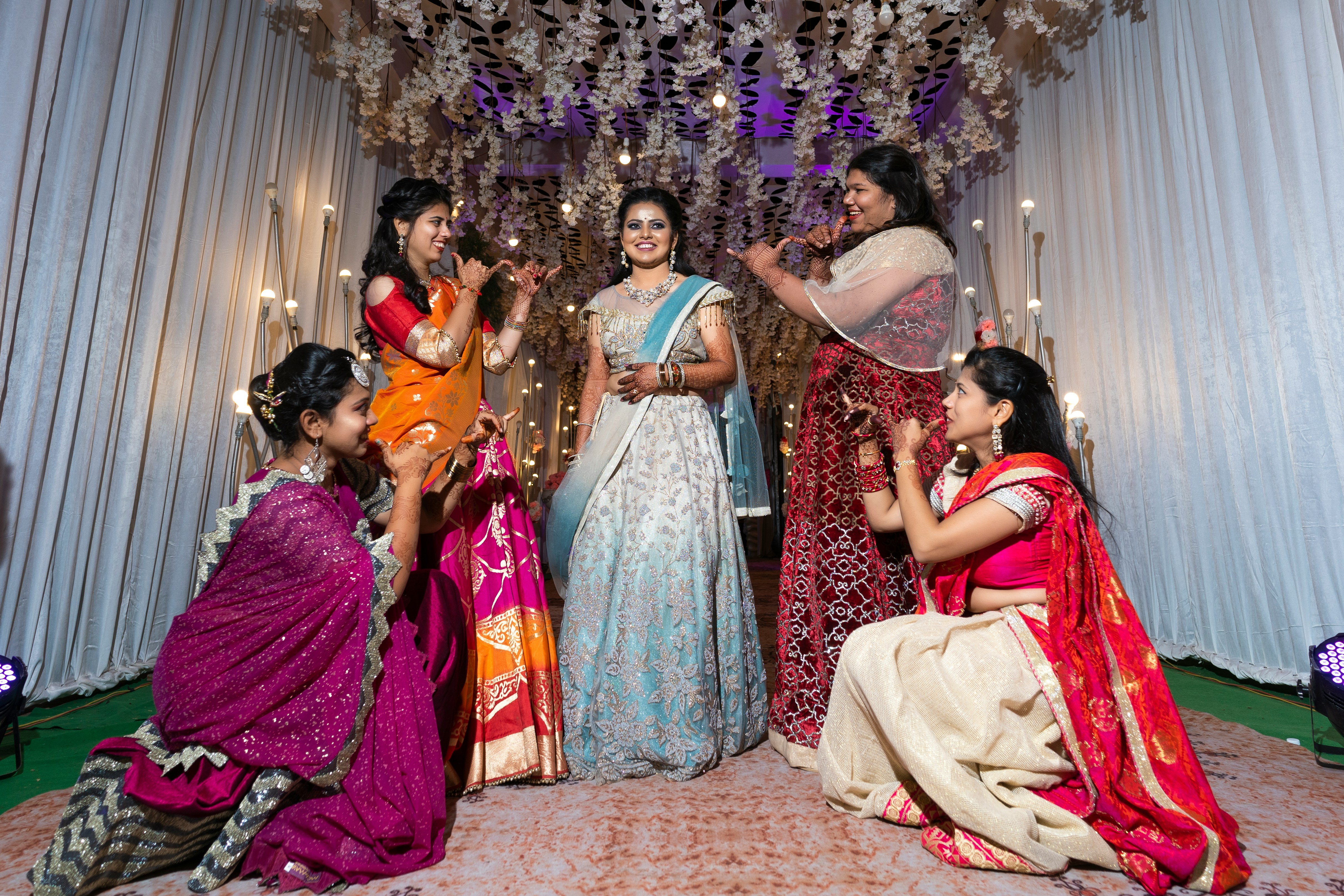
Sangeet translates to “sung together” in Sanskrit, and that is exactly what this event is all about — music, dancing and festival vibes. Families end up throwing it collectively, making it a huge pre-wedding bacchanalia.
“Consider it a great welcome dinner with a touch of glamour — live music, a festive atmosphere, and hundreds of guests,” says Darzi. Sometimes the mehndi and sangeet occur on same day.
Though customs can differ from place to place, and from faith to faith, sangeets are frequently a high point in a South Asian wedding weekend.
Aufruf
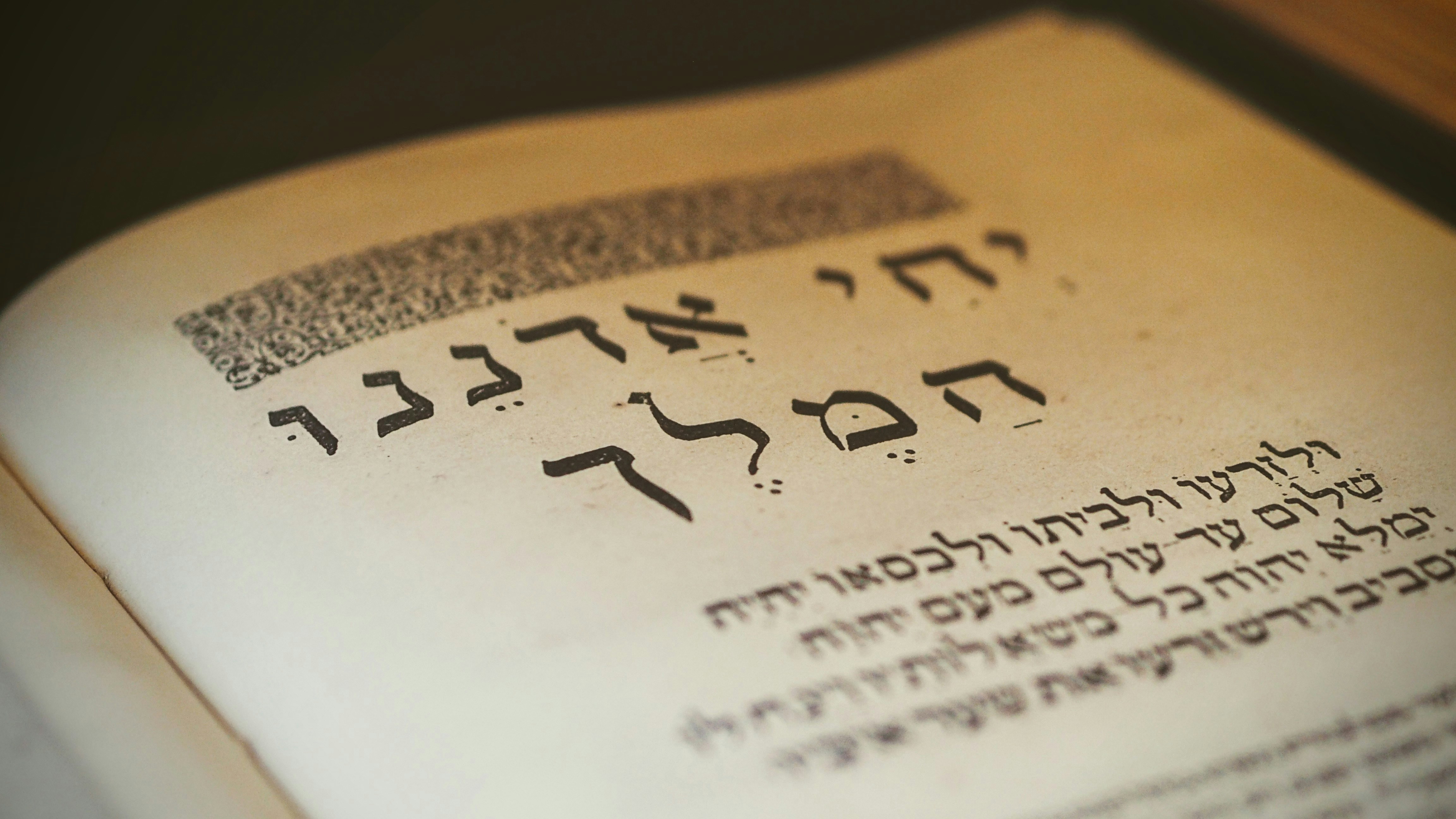
A Jewish tradition that takes place at synagogue the Saturday preceding the wedding. The groom — or the couple, in more progressive communities — is called up for an aliyah, a Torah blessing, and candy thrown by the congregation to mark a sweet life.
The service is open to the congregation, although close friends and family generally attend. To keep the party going, some families host a reception afterward.
Bridal Luncheon
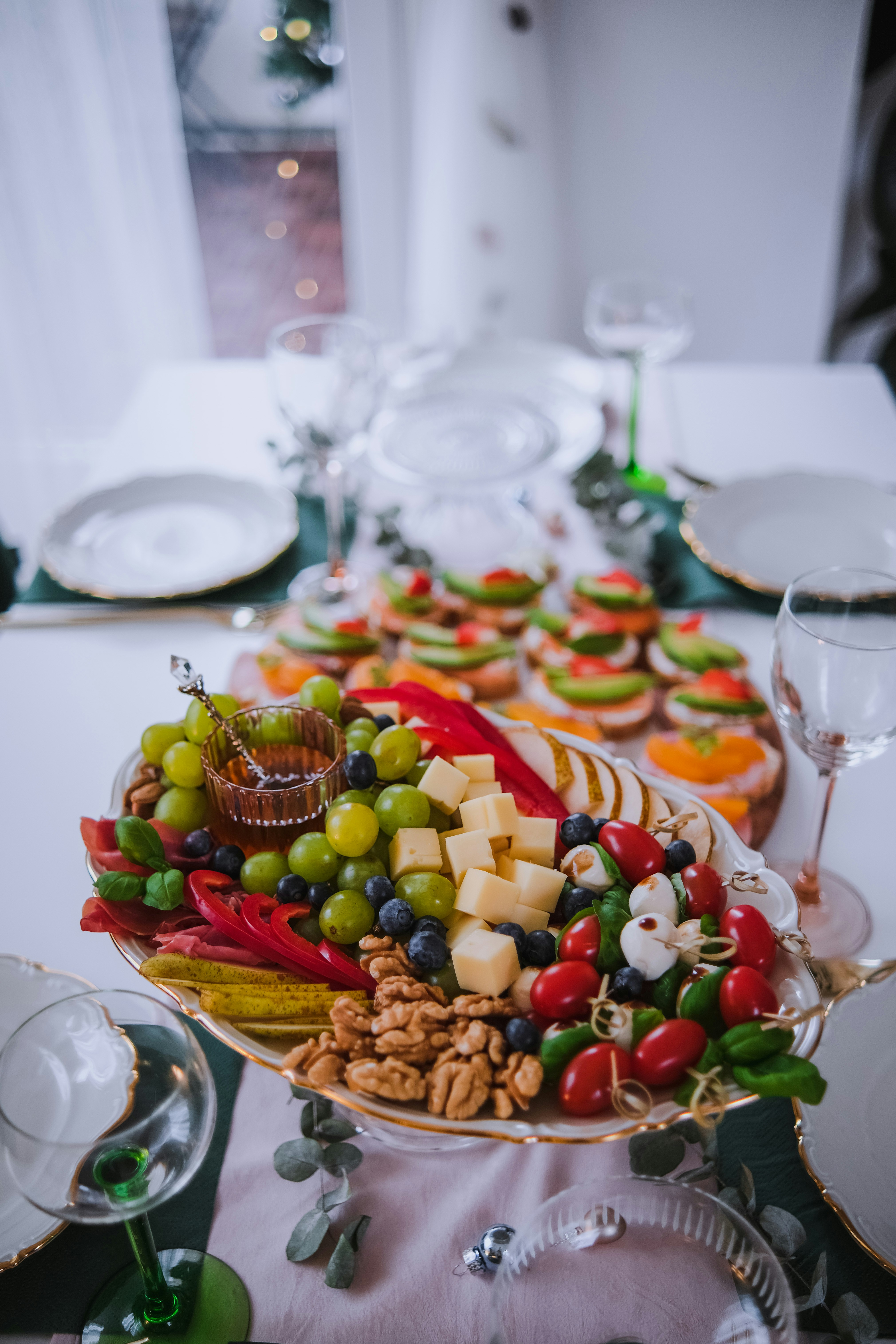
A Southern tradition that has been embraced nationally, the bridal luncheon is a casual method of the bride to say thank you to her clique. Typically, the fete takes place a day or two before the wedding, and includes the bridal party, junior attendants, and other ceremony participants.
“It doesn’t have to be fancy,” Fletcher says. “We’ve done everything from a backyard brunch to a restaurant luncheon at the wedding location.
This party is usually given by a close relative or friend, but the bride also has the option of giving it herself.
Rehearsal Dinner

Usually the evening before the wedding, this meal occurs after the ceremony rehearsal and includes the wedding party, family, and officiant.
Banquet rooms at restaurants are an ideal venue, but really anything convenient for your guests will work. “This dinner is all about connecting, and everyone’s going to have those tender moments,” says Fletcher. “You’ll have a lot of emotional toasts — maybe one or two funny roasts even.”
While the dinner has traditionally been given by the groom’s family, couples may now divide the cost or hold it themselves.
Welcome Party
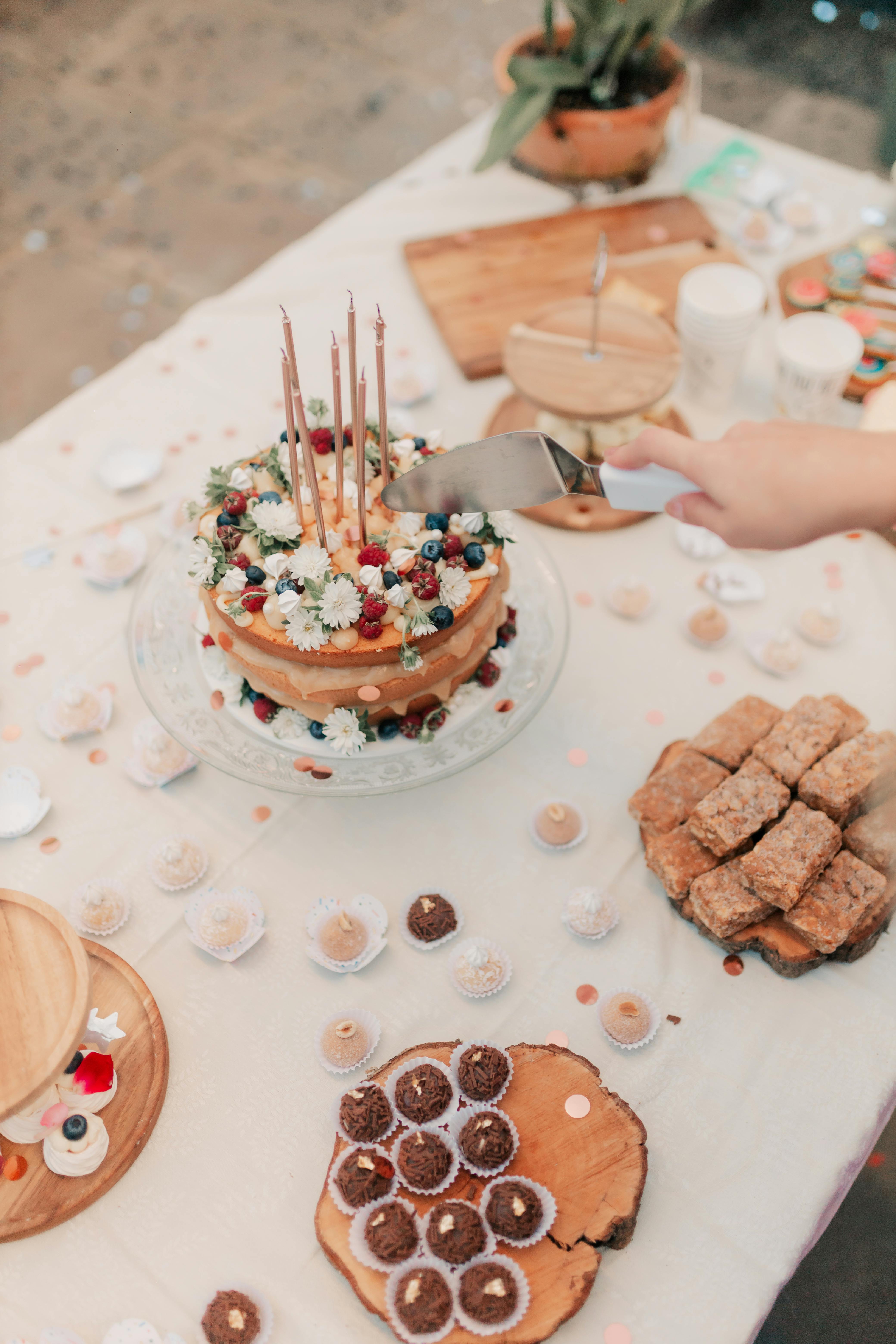
If you’re planning a destination wedding or most of your guests are coming in from out of town, what better way to show them you’re grateful than having a welcome party? It’s the night before (or an alternative to) the wedding!
Make it laid-back — drinks at a local bar or a themed party at the hotel are good choices. “It’s about starting the weekend right and letting people mingle.”
Post-Wedding Brunch
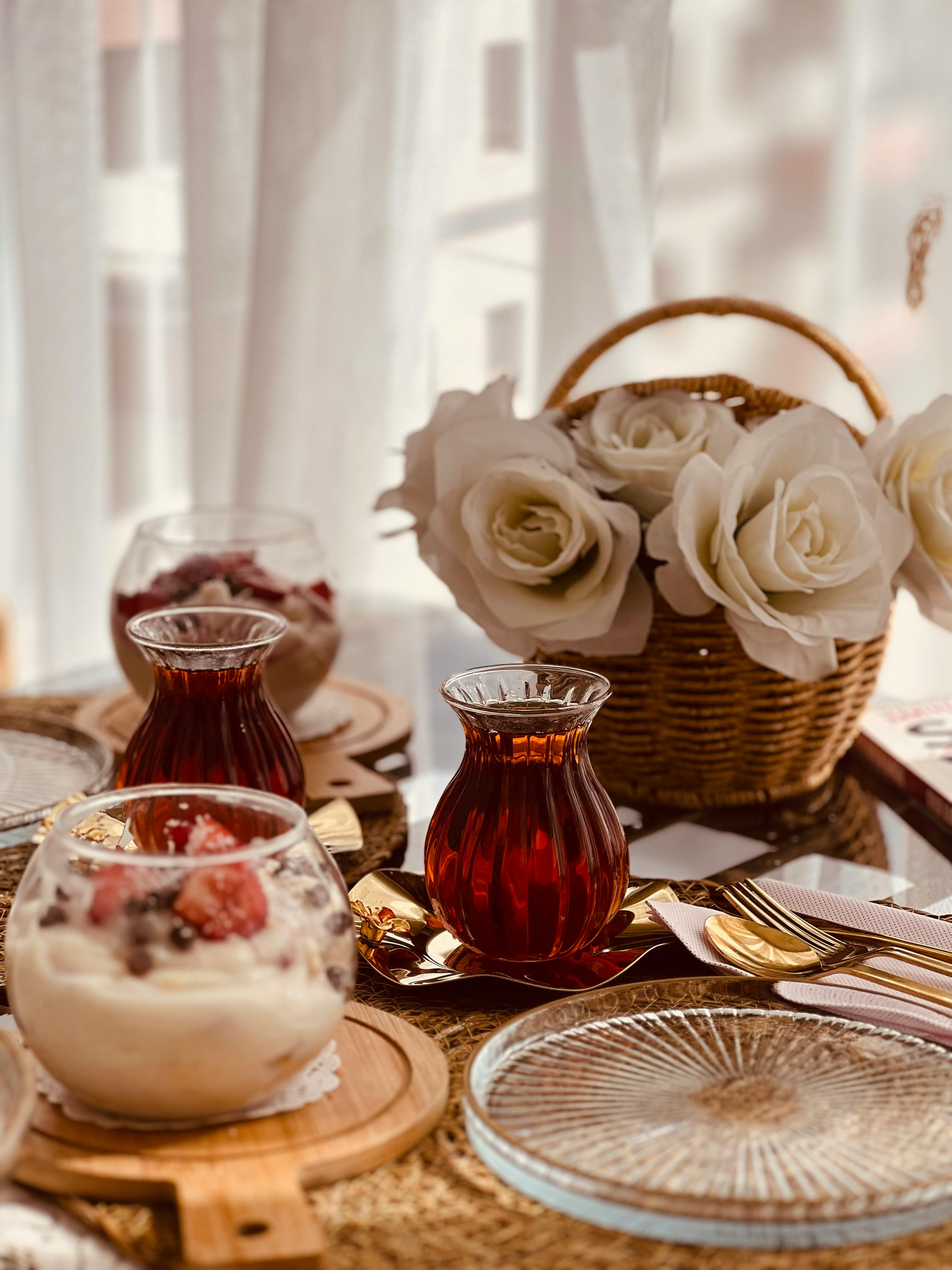
A farewell brunch the day after your wedding allows guests one final opportunity to bond before departing. But, as Nguyen himself observes, it’s not necessary.
“If you don’t have the budget or the time for it, feel free to skip it,” she says. “Most guests are fine with taking a nap, getting a good night’s sleep and hitting the road,” he said.
Cultural/Religious Rites or Practices
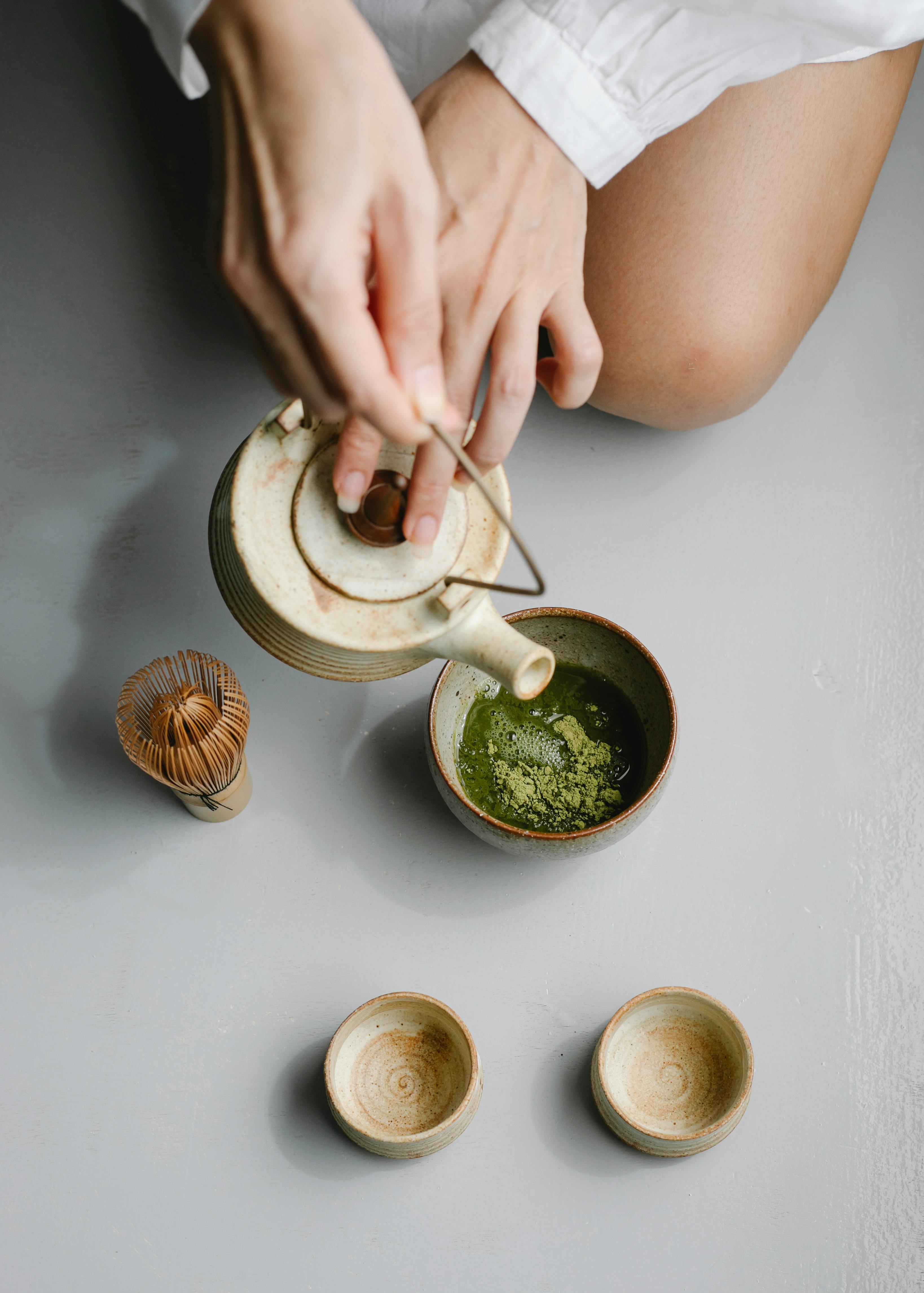
Couples from many different cultures may have special customs before or after the actual wedding—say, tea ceremonies, blessing rituals, or layings of the groundwork for formal introductions between families.
Whether private family affairs or lavish public gatherings, they symbolize the couple’s values and heritage. Make sure to put them in your long-term planning calendar now so as to not overlap dates.
Final Thought
You don’t have to do it all. “Your wedding season really should represent you as a couple, you as a person, and where your values are,” says Nguyen. Whether you go al the way in or just scratch the surface, just make it yours. And don’t forget to savor every step along the way.
